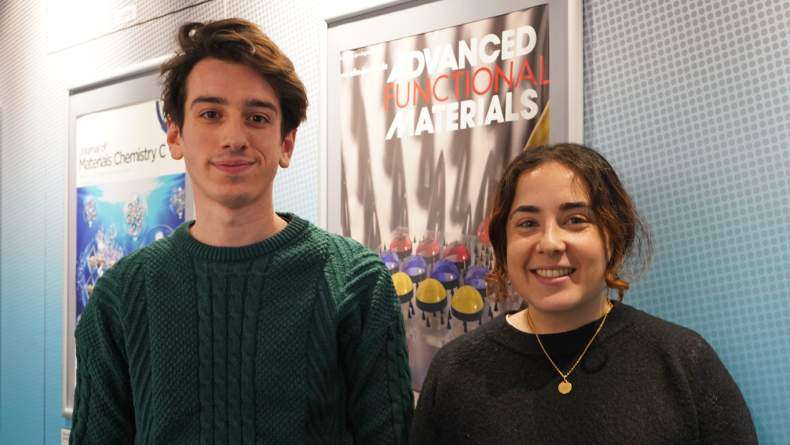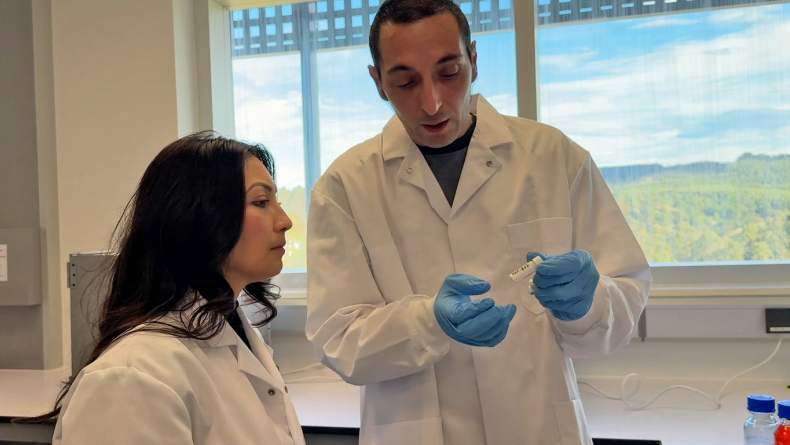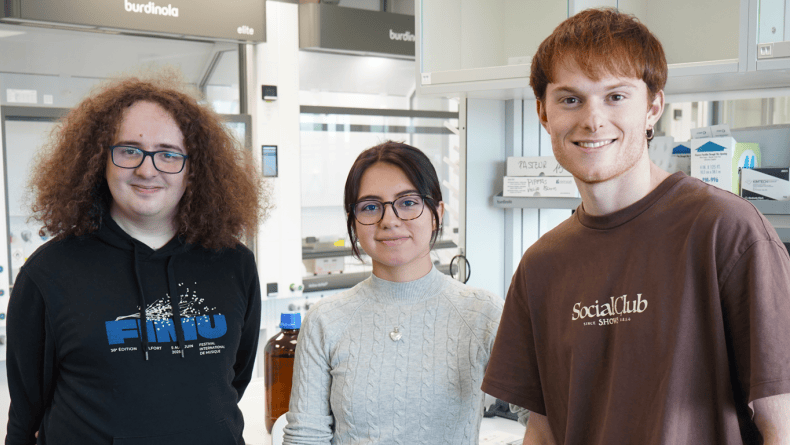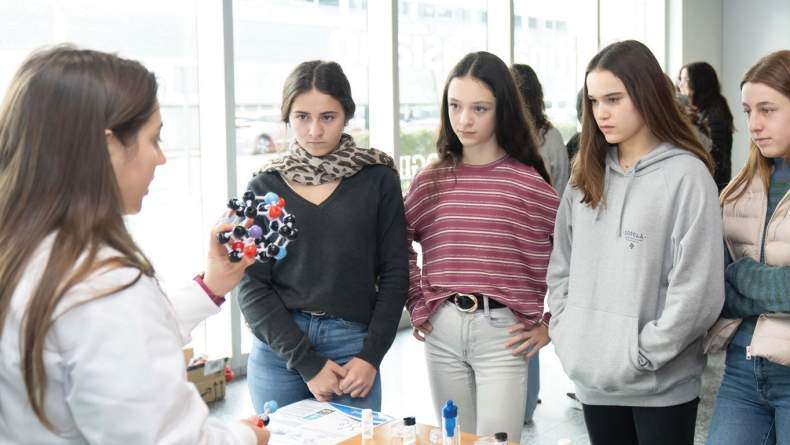3D Printing (Robocasting) of functional materials for use in catalytic, optical, and tissue engineering applications

CARMEN RIAL TUBIO
(BCMATERIALS)
3D Printing (Robocasting) of functional materials for use in catalytic, optical, and tissue engineering applications
Robocasting, also known as extrusion-based ink, is a 3D printing technique that may to produce complex 3D shapes structures taking a virtual design from computer aid design (CAD) software. This technique relies on printing a continuous ink filament in a layer- by- layer sequence. This technique offer new opportunities for patterning materials from micro- to macroscale. In this talk, it will first provide an overview of this technique and relevant tools, such as ink composition, rheological behaviour, and printing parameters. Then, it will focus on recent results and different potential applications as catalysis, optical, and tissue engineering.
Related news
Sara Martín and Stefano Lunghi Join BCMaterials as New Researchers
BCMaterials is pleased to welcome two new members to its research team: Sara Martín Iglesias, a postdoctoral researcher in the Active and Smart Materials research line, and Stefano Lunghi, a…Nanomaterials for Water Remediation and Valorization
Scientific staff at BCMaterials are developing next-generation nanomaterials combined with naturally sourced polymer membranes for water decontamination and reuse. These advanced materials not only…Three New Resarchers Join BCMaterials
The new year has brought BCMaterials the arrival of three new young scientists to our staff. They are the pre-doctoral researchers Karen Cano and Mikel Russo, along with the post-doctoral researcher…BCMaterials Activities at Emakumeak Zientzian (Women in Science)
This year marks the 10th anniversary of the Emakumeak Zientzian (Women in Science) initiative, which brings together more than 30 Basque organizations (universities, research centers, companies…) to…



